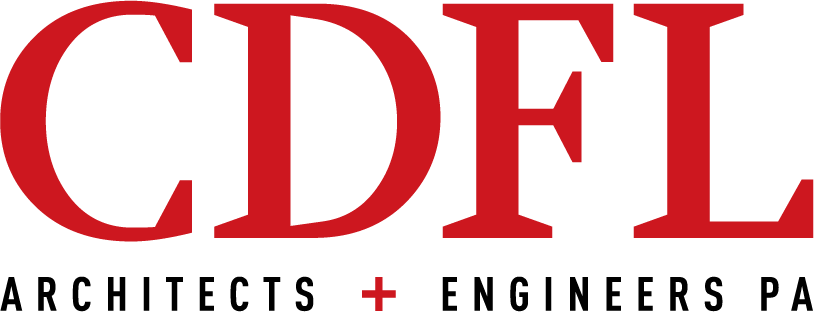Why Stem Education Matters to Mississippi
Science, Technology, Engineering, and Math (STEM) education, and advancements made in the manner those subjects are taught, has become an increasingly hot topic recently. These subjects and their vocational practice are integral parts of preparing future generations for the workforce. The following post is CDFL mechanical engineer Parker Reece on why this conversation is especially important to families, businesses, and communities in Mississippi.
Preparing This and Future Generations for Impending Workforce Changes
As a father, I want the best for my boys – including a career in a field they enjoy that allows them to earn a good living. What that career will be, I have no idea; I do know, however, that job opportunities in the future will likely be greater in STEM-related fields. The graph below, from a 2011 report by the US Department of Commerce’s Economics and Statistics Administration, is illustrative of the notion that our children will need to be prepared to take advantage of job prospects in STEM-related industries.
Vince Bertram, President and CEO of Project Lead The Way, a STEM program serving 600,000 students, echoed this sentiment in a December 2013 interview with Jill Phillips of the Indianapolis Star: “STEM is where the jobs are today, where the jobs will be in the future, and where our country will win if we get education right.”
In order to be competitive in the future, it’s imperative that we prepare now. According to changetheequation.com and the ACT test organization, only 30% of 12th-graders who took the ACT test are ready for college-level work in science. In math, 45% met the ACT’s benchmark for college readiness.
Whether you are in favor of P-Tech schools, Early College High Schools, National Academy Foundation Schools, charter schools, or applying more focus and attention within the current educational system structure, there is one thing we can all agree on: it is imperative we expose our children to STEM education in order to help them and and future generations of Mississippians seize potential career opportunities.
STEM Education is an Economic Development Issue
“STEM [is] a key part of a healthy economy, business growth, stronger communities, and good jobs. People with STEM backgrounds find careers in every part of our economy including aerospace, medicine, construction, energy, environment, farming and finance (Business and Industry STEM Education Coalition 2012).”
I can’t think of anyone not in favor of bringing more jobs to the State of Mississippi. Obviously many factors are considered when companies think of locations to start a new operation or relocate their existing organization. One of the key factors assessed by companies is the quality of the area’s workforce. Places are more likely to attract businesses in STEM-related fields if there is a focus on STEM at every level of the area’s education systems.
The chart below, taken from a 2011 report by the U.S. Department of Commerce’s Economics and Statistics Administration, outlines the earning potential these jobs have.
These are just two of the many reasons it’s incredibly important to invest time, energy, and resources in advancing STEM education in Mississippi. Being a small state with limited resources, we must make wise investments that provide opportunities for good returns.
“STEM literacy has a profound and growing impact on our day-to-day lives. It helps us make critical decisions about our health care, our finances and our retirement. It illuminates the ever more complex issues that govern the future of our democracy, and it reveals to us the beauty and power of the world we inhabit. A literate [community] not only reads. It computes, investigates and innovates.” – Change the Equation
sources:
Change the Equation
United States Department of Commerce: Economics and Statistics Administration Releases New Report on STEM: Good Jobs Now and For the Future
U.S. Department of Commerce Economics and Statistics Administration: STEM: Good Jobs Now and for the Future



